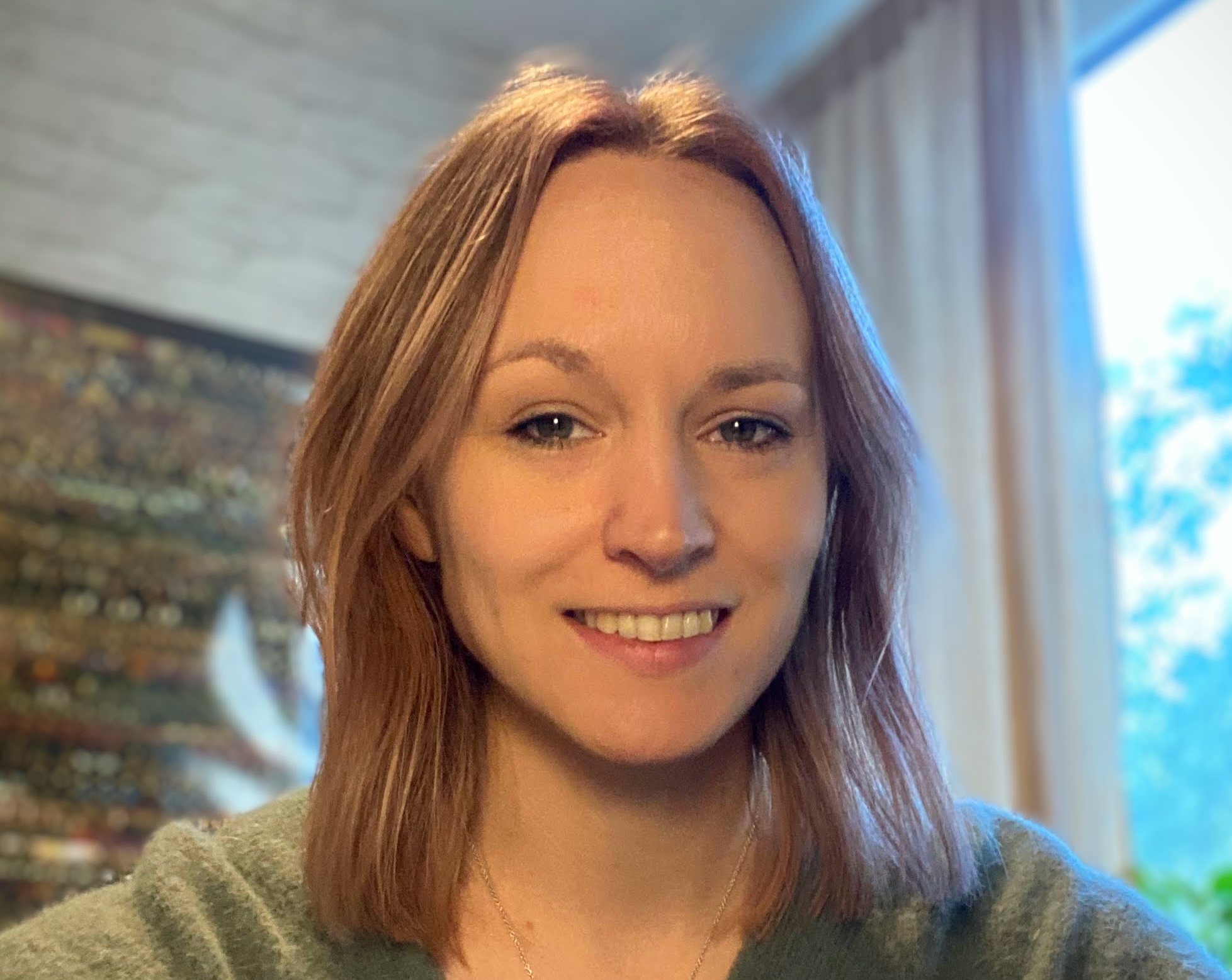Curious about the incredible individuals who lead our one-on-one sessions, workshops, and help shape our innovative programmes? Meet Emma Wallace as she shares her experience as an Entrepreneur in Residence at UAL!
Emma Wallace studied Fashion Management at London College of Fashion. Since graduating, She has worked across merchandising, sustainability, and startup growth—mainly with fast-paced, founder-led product businesses. Eventually, Emma moved into freelance work and now has a portfolio career that lets her work across different areas she cares about, from early-stage strategy and operations to mentoring and training. A lot of her work now centres around helping creative people build businesses that work for them—especially neurodivergent founders, which is a space she is really passionate about.
What value did Pitch It offer students and graduates?
Pitch It was such a great initiative, especially because it focused on ideas at a really early stage—pre-revenue, pre-business plans in many cases—which meant the format was more accessible and invited a wide range of creative and experimental thinking.
For the students and graduates, the challenge of condensing their ideas into a short pitch and presenting to a panel was hugely valuable. It gave them a chance to develop their communication skills, articulate their vision clearly, and get real-time feedback from people working across business, design, and entrepreneurship. That kind of space—where you’re encouraged to try things, even if it’s still rough around the edges—is so important when you’re just starting out.
How did your work impact their creative practice or business ideas?
Most of my work at UAL was through two workshops centred around Building a Business Around Your Brain—supporting neurodivergent entrepreneurs and freelancers to build businesses in a way that’s aligned with their strengths and energy. The content was deeply rooted in personal and professional experience: I’ve spent a long time figuring out how to work with my own neurodivergence, and I’ve also mentored many founders navigating similar things.
The workshops gave students tools to better understand their strengths, reflect on challenges, and explore strategies for communication, energy management, and self-advocacy. These are foundational skills for any entrepreneur, but especially important when you’re neurodivergent and trying to avoid burnout while building something meaningful. In one-to-one sessions, I was able to go deeper and help people apply the ideas to whatever they were struggling with—whether it was procrastination, communication blocks, or overwhelm.
I think the impact was about helping people feel seen, giving them permission to work differently, and providing practical strategies they can carry forward. That kind of mindset shift can have a real knock-on effect—not just on their business ideas, but on their confidence, decision-making, and how they build creative practices that work with them, not against them.
In what ways did you benefit from the experience?
This experience came at a really great time for me—returning to work after maternity leave, I was looking for a meaningful project I could build into my schedule. Delivering these workshops gave me a space to develop and share ideas I care deeply about, advocate for neurodivergent founders, and validate some of the programme content I’ve been creating.
It also connected me with a whole new group of early-stage creatives, which I really loved. Having the opportunity to support people right at the beginning of their journeys—when things still feel uncertain but exciting—was a reminder of why I do the work I do.
What was your overall experience like in the role?
Overall, it’s been a really positive experience. The UAL team have been supportive, and I’ve really enjoyed being part of the wider Careers and Employability work. I’m glad the workshops were well received and that students found them useful.
Looking ahead, I’ve developed a strong foundation in this space—supporting neurodivergent entrepreneurs—and I’m excited to continue building on that as part of my broader portfolio. It’s a domain I care deeply about and one I’ll be developing further through my own business and consulting work.
If you’re interested in being an Entrepreneur in Residence, email us here.

